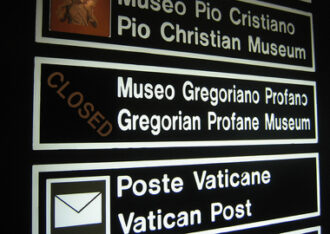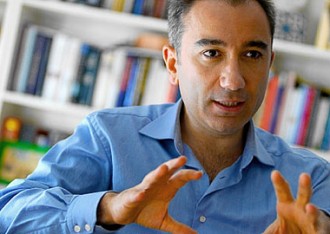Living Between Worlds: Muslim, American, Five Percenter
Michael Muhammad Knight is living in that liminal space, not crossing thresholds of belonging and closing the door. He walks back and forth, and the text conveys that sense of unsettledness. Intentionally or not, Knight forces the reader to think about how we define ourselves and how much agency we actually have in that process.
Read More








